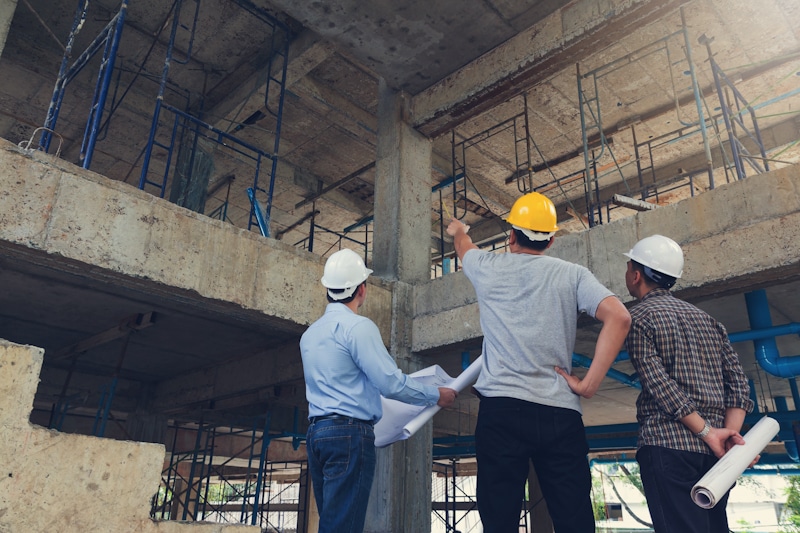The Importance of Construction Inspection: Ensuring Quality and Safety

Construction projects are monumental endeavors that shape our cities and communities. Whether it’s a new skyscraper, a highway, or a residential development, the successful completion of these projects relies on meticulous planning and execution. One critical aspect that ensures the quality and safety of construction projects is construction inspection.
What is Construction Inspection?
Construction inspection is the systematic examination and evaluation of various phases of a construction project. It involves a detailed assessment of materials, workmanship, and adherence to construction plans and codes. This process is essential to ensure that the project meets the required standards and specifications.
Ensuring Quality Workmanship
Quality workmanship is paramount in construction. It ensures that the final product is not only aesthetically pleasing but also structurally sound. During construction inspection, inspectors carefully assess the construction techniques, materials used, and overall craftsmanship.
Inspectors check for proper installation of structural elements, such as foundations, beams, and columns. They also examine the integrity of electrical, plumbing, and HVAC systems to guarantee they function correctly. By identifying and rectifying any issues early on, construction inspection helps prevent costly rework and delays.
Compliance with Building Codes
Every construction project must adhere to building codes and regulations set forth by local authorities. These codes are in place to guarantee the safety and integrity of structures. Construction inspection plays a vital role in ensuring that these codes are followed to the letter.
Inspectors review architectural and engineering plans to verify that they align with local building codes. They also assess construction activities to make sure they comply with these codes. This step is critical in preventing accidents and hazards that could put workers and the public at risk.
Detecting Defects and Deficiencies
Every construction project has its challenges, and defects can arise at any stage. Construction inspection involves a thorough examination to identify defects and deficiencies promptly. This proactive approach allows for corrective measures to be taken before the issues escalate and become more costly to address.
Inspectors may uncover issues such as structural cracks, improper drainage, or subpar materials. Detecting these problems early can save both time and money in the long run, ensuring the project stays on track and within budget.
Enhancing Project Accountability
Construction inspection promotes accountability among all parties involved in the project, including contractors, subcontractors, and designers. When inspectors identify deviations from the plans or subpar work, they document their findings and report them to the appropriate parties. This documentation holds responsible parties accountable for their work and ensures that necessary corrections are made promptly.
Conclusion
In the world of construction, inspection is the cornerstone of quality and safety. It is an indispensable process that helps ensure that structures are built to last, adhering to the highest standards and in compliance with building codes. Construction inspection not only safeguards the interests of property owners and investors but also protects the well-being of the community at large. So, the next time you see a new building rising or a road being constructed, remember the unsung heroes, the construction inspectors, who work tirelessly to ensure that these projects are not just bricks and mortar but symbols of quality and safety.





